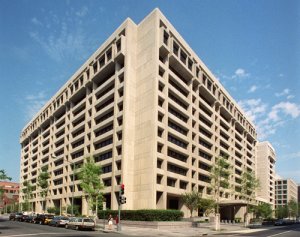After a recent proposal made by Europe’s banking industry regulator, the European Banking Authority (EBA), banks may need to raise an accumulative €200 billion to boost capital reserves in order to meet new regulations. The new EBA regulations would require banks to have a capital reserve of at least 9 to 10% of the total of all their assets.
The motive behind raising European bank capital reserves is to reduce the value of loans to Portugal, Greece, Spain, the Irish Republic, and Italy, which are five of the most indebted nations within the eurozone. More specifically, Greece, Portugal, and the Irish Republic are forced to continue to depend on bailout funds issued by the International Monetary Fund (IMF) and the European Union.
According to BBC business editor, Robert Peston, if such requirements are put in place European banks may have a hard time raising the funds, and that the government would most likely have to provide financial assistance in many cases. In fact, the BBC editor even stated “it would have to come from governments.” Peston believes that €200 billion is a “great deal” of money for the banks to have to raise, and that in most cases some banks will simply not be able to raise it from the markets alone.
In regards to whether European Union governments would be willing to comply with the new minimum capital reserve for banks, Preston believes that governments will most likely conform to whatever the European Banking Authority proposes, as going against the recommendation of regulatory authorities could damage the credibility of Europe’s regulatory system.
The French government proposed that the new funds could be obtained from the European Financial Stability Facility, a eurozone bailout fund. However, the German government rebutted with the argument that doing so would cause a lot of strain on the balance sheet of the German public sector, as the nation is the largest contributor to the fund, and that countries with more capital, like France, should obtain the additional bank funds from individual governments. An argument which the French government is said to has accepted.



